The power of “YET”: Building optimism
Instilling optimism:
Do you believe your setbacks and failures are permanent or temporary? When you fail a test, miss a shot, or breakup with a significant other, does it mean you’ll never succeed in these specific areas? How do we instill optimism into the behavior of our children?
It is important to teach our youth that setbacks are temporary, no matter how dire a situation seems. As adults, we can remind our children that they always have a decision to make, and the outcomes are theirs to own. This reminder empowers our youth. It reminds them they are in charge of affecting change in their own lives versus believing change is a product of circumstance. This mindset also helps them to see setbacks as bumps in the road, versus roadblocks. Setbacks can be solved!
One way I infuse this into my oldest son is to utilize the word “yet” at the end of “I can’t” sentences. If he stated, “I can’t read this book” when picking up a larger chapter book, I would confidently add the word “yet” to his statement. “Dad, I can’t run as fast as my friend”…”yet, son.” He would smile and eventually he added it to his own statements. Eventually, he used less “I can’t” statements and instead told me what he wants to try to learn.
This simple exercise reminds him his talent is not pre-determined. It reminds him of the potential growth available to him in his academic, personal, and athletic endeavors. Just by adding one simple word, it leaves the next chapter of his life open and unwritten. In fact, it leaves the pen and paper in his hands to determine how the story ends. It gives him hope, confidence, and creates an optimistic mindset, all of which are important to realizing a life of satisfaction.
Dangers of a fixed-mindset:
It breaks my heart when I see parents put limits on their children’s mindset. For example, a parent who provides excuses for a low math grade in school by his child. Or, the parent who blames a referee after the child loses an athletics match. These excuses do more damage than good by providing a reason, outside of the child, for the failure. Eventually, life does not allow you to point the finger at teachers, referees or circumstance. Eventually you have to own your successes and failures. Part of this ownership is showing the ability to problem-solve when failures occur. How can our children develop this skill if we are blaming others for their failures. How can they build this skill if we constantly jump in and save them from their own poor choices? If this skill is not developed, our children will live within a fixed-mindset, unable to move past the present circumstance.
So what do we do instead?
Acknowledge that math is not easy for your child and then ask him or her for ways to improve in the subject. This promotes a growth mindset in the child. It shows understanding of the challenge while also creating a solution-focused approach by exploring ways to improve. Let them be frustrated and when they say “I can’t,” add in the word “yet.” Likewise in the athletics example. If your child starts to blame a referee, stop the conversation. Focus on the positive moments your child had on the field or court. Ask them how they could have influenced the outcome of the game. Encourage them to work hard outside of practice time if they want to influence the outcome of the next game. These questions empower the child by letting them determine the steps towards a solution. The idea of hope and optimism for future success will increase and so will the child’s motivation to work harder for a new outcome.
The truth is we are all on our path towards our personal treasure. No one can walk this path for us, including our parents. So, children will be more successful if they can problem solve along their own journey. Teach them that failure is a necessary part of life and let them take safe risks along the way. Finally, acknowledge their path may be unknown and scary, but it can also lead to the most beautiful treasure at the end.
To summarize, it is important to promote hope and instill optimism in our youth by reminding them they are in charge of their next decision. They are in charge of their next action. They are in charge of how to respond to their emotions. Teach them to utilize “yet” and to find ways to move forward with solutions instead of being trapped by the problem.
Are you solution-focused and promoting growth? Or, are you harnessed to your problems, and standing still?
MBS Performance Counseling can help you redefine your mindset; becoming more optimistic and embracing the temporary setbacks as minor speed bumps on the way to your destination.




